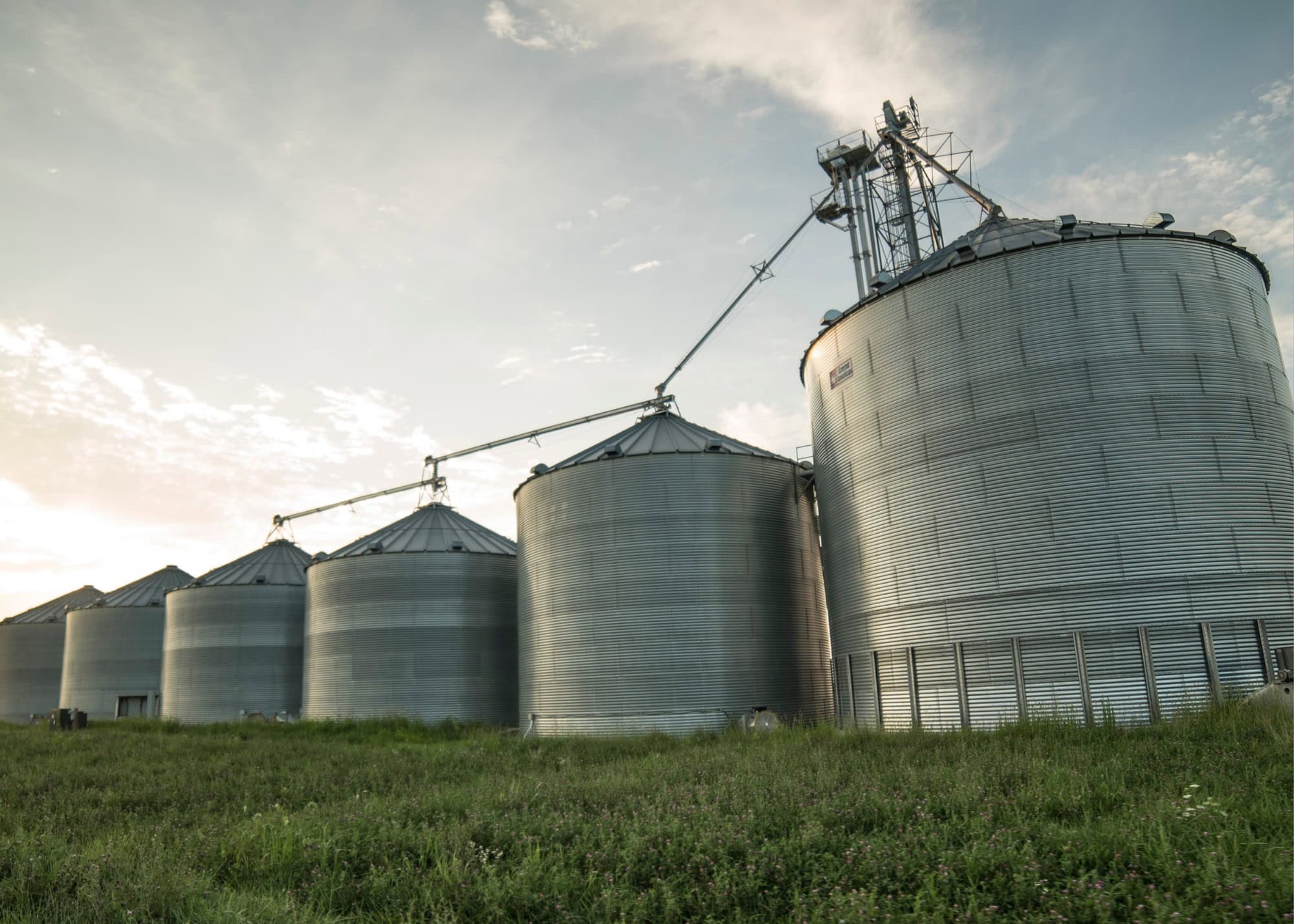When valuing farmland, accuracy is everything. A certified farm appraisal relies on a combination of local knowledge, professional expertise, and—most importantly—market data. But how exactly does market data shape the adjustments an appraiser makes when determining a farm’s value?
Let’s break it down step by step.
Why Market Data Matters in Certified Farm Appraisals
Farmland is unique. Two farms for sale in the same county can have vastly different values based on soil quality, access, drainage tile, or the presence of usable outbuildings.
Certified appraisers use market data, like recent sales of similar farmland, to set a base value. They then adjust this value to account for differences in the property.
This process ensures that real-world transactions, not just theory, support the final opinion of value.
Step 1: Gathering Comparable Sales
The starting point is identifying comparable farm sales (often called “comps”) in the area. Ideally, these comps:
- Sold recently (within the last 12-18 months, if possible)
- Are similar in size and location
- Have comparable soil ratings and productivity indexes
- Have a similar mix of tillable land, pasture, and other uses
- Include or exclude improvements similar to the subject property
Appraisers gather this data from multiple sources: county records, MLS data (if available), auction results, FSA/NRCS databases, and trusted local market contacts.
Step 2: Analyzing the Sales
Once the comps are identified, the appraiser looks at:
- Sale price per acre
- Soil productivity ratings (CSR2, PI, NCCPI, etc.)
- Tillable percentage
- Drainage improvements
- Access and location (proximity to markets or major roads)
- Additional income potential (wind rights, CRP payments, hunting leases, etc.)
These details help the appraiser understand what drove the sale price and how it reflects the local market.
Step 3: Making Adjustments
Rarely is a comparable sale an exact match to the subject property. That’s where adjustments come in.
For example:
- If the subject farm has better soils than a comparable sale, the appraiser may adjust the comparable sale’s price upward to reflect the subject’s superior quality.
- If the subject farm has poorer drainage or less tillable acreage, the appraiser may adjust downward.
- Location differences—closer to a grain elevator, better road access—may also warrant an adjustment.
These adjustments are typically quantified on a per-acre basis and supported by market evidence.
Step 4: Reconciling the Data
After making individual adjustments, the appraiser looks at the adjusted sale prices to determine a reasonable range of value per acre for the subject property. From there, they reconcile the information into a final opinion of value.
Why This Matters to Land Owners
Understanding how market data drives adjustments helps landowners see why their farm is worth what it is. It also underscores why hiring a certified appraiser who understands the local market is critical.
Without solid market data, adjustments would be guesswork. With it, you get a transparent, defensible value that reflects current conditions and trends.
In short, Certified farm appraisals are rooted in real market evidence. By analyzing comparable sales and carefully adjusting for differences, appraisers provide a fair and accurate opinion of value that stands up to scrutiny—whether for estate planning, lending, or selling your farm. If you need a certified appraisal in Iowa, contact Associate General Appraiser Noah Hopp today.
If you’re considering buying, selling, or managing a farm, reach out to a land agent in your area at High Point Land Company!

